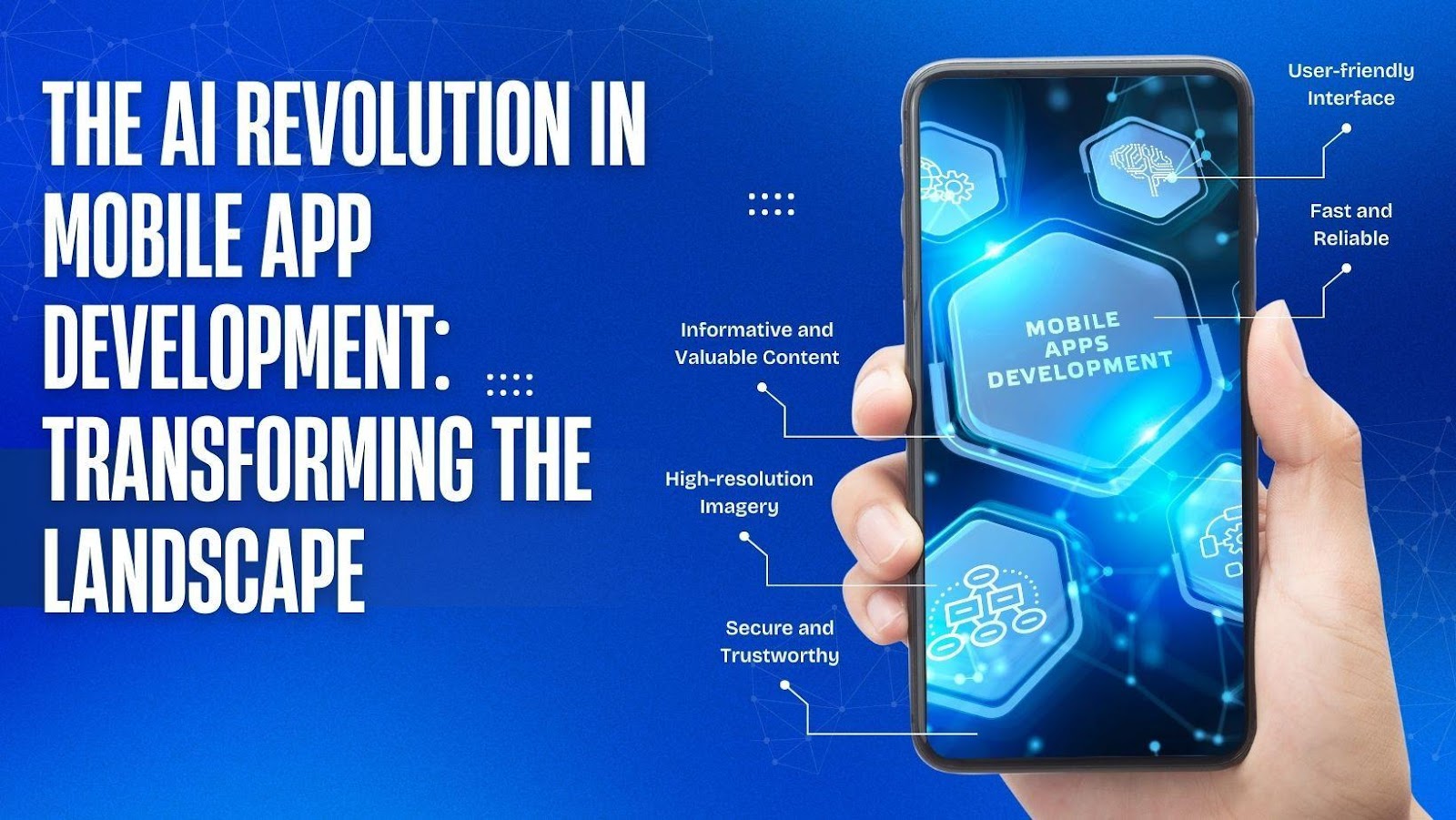In recent years, the integration of Artificial Intelligence (AI) into mobile app development has brought about transformative changes. The innovations described by the author, Aditya Undirwadkar, reflect how AI is reshaping development processes, optimizing workflows, enhancing code quality, and improving security in mobile applications. These advances are setting new industry standards, enabling more efficient, reliable, and user-friendly apps to reach global markets faster than ever before.
AI: The Game Changer in Development Efficiency
AI’s most significant contribution to mobile app development lies in its ability to accelerate development workflows. The automation of routine tasks like code generation and error detection has allowed developers to focus on more complex tasks, increasing productivity and reducing the time required to bring applications to market. According to research, developers leveraging AI-powered tools have seen a dramatic reduction in time spent on repetitive tasks. This includes tasks such as creating user interfaces or implementing common features like data validation, resulting in faster development cycles and more agile teams. These tools not only generate substantial portions of code but can also offer context-aware completions, making the entire process significantly more efficient.
Revolutionizing Testing Methodologies
AI’s impact on testing methodologies is perhaps its most transformative contribution to mobile app development. AI-powered testing frameworks can automatically generate test suites that cover various testing scenarios—unit, integration, and end-to-end testing. This drastically reduces the time needed to test applications while improving defect detection rates. Not only do these AI-driven testing systems predict high-risk areas within the code.
Optimizing Performance and Resource Utilization
In a world where mobile devices come with varying levels of processing power, memory, and battery life, optimizing app performance is a top priority. AI algorithms excel at identifying opportunities for resource optimization, allowing mobile apps to run smoothly on a wider range of devices. By reallocating computing resources based on real-time usage patterns, AI tools enhance performance without sacrificing battery life. Research has shown that mobile apps optimized with AI frameworks can reduce energy consumption by as much as 28.5%, providing a better user experience and extending battery life—critical factors for users, especially in regions where lower-end devices are prevalent.
Strengthening Security Postures
With the rise in mobile app usage comes an increase in cyber threats. AI-driven security tools are now essential in protecting apps from vulnerabilities and attacks. AI’s ability to monitor codebases continuously and detect unusual behavior in real time ensures that potential threats are identified and mitigated quickly. The implementation of AI security systems has led to faster detection of vulnerabilities and a significant reduction in breaches. AI tools also accelerate the patching of security vulnerabilities, a crucial feature in mobile development where third-party libraries often present security risks. AI enhances development quality through automated code reviews, identifying potential bugs, suggesting optimizations, and providing security insights before deployment, significantly improving overall application resilience and performance.
Facilitating Global Reach Through Localization
As mobile applications target global audiences, localization has become more critical. AI-powered localization tools can efficiently translate and adapt applications for various languages and cultures, providing users with a more personalized experience. These tools not only handle translation but also account for cultural nuances, making apps more relevant and accessible in different regions. AI has proven to reduce localization costs by up to 40% and speed up the time-to-market for international app versions. By automating the process of adapting text, visuals, and even voice recognition for different accents, AI helps developers reach a broader audience, enhancing both user engagement and revenue potential.
In conclusion,the integration of AI into mobile app development marks a turning point in the industry. By automating tasks, improving code quality, enhancing security, and optimizing app performance, AI is empowering developers to create more sophisticated, efficient, and secure mobile applications. As these AI tools evolve, they will play an even larger role throughout the development lifecycle, enabling teams to deliver higher-quality apps faster and with greater precision. As noted by the author, Aditya Undirwadkar, organizations that strategically embrace AI in their development processes will be positioned to lead the mobile app industry in the future.



































